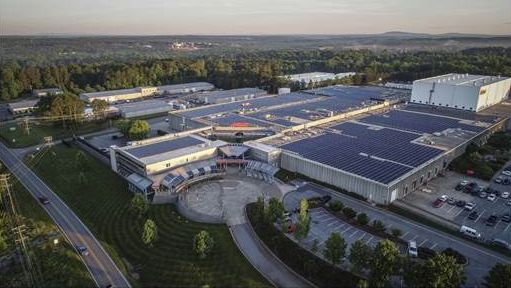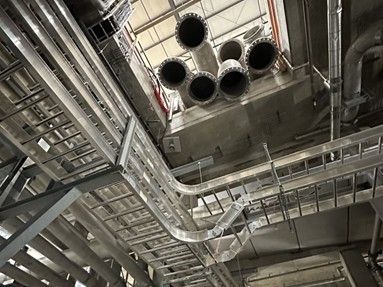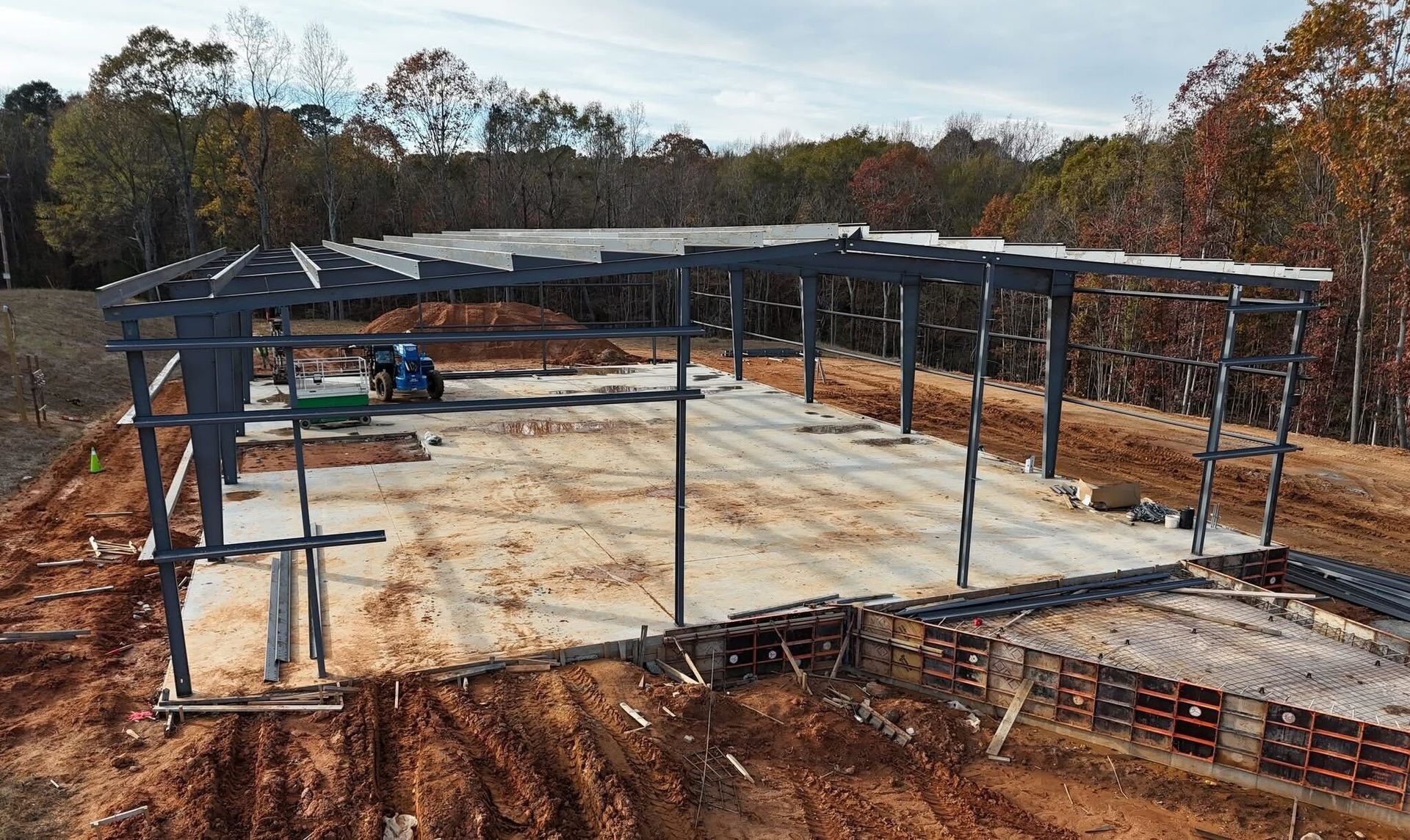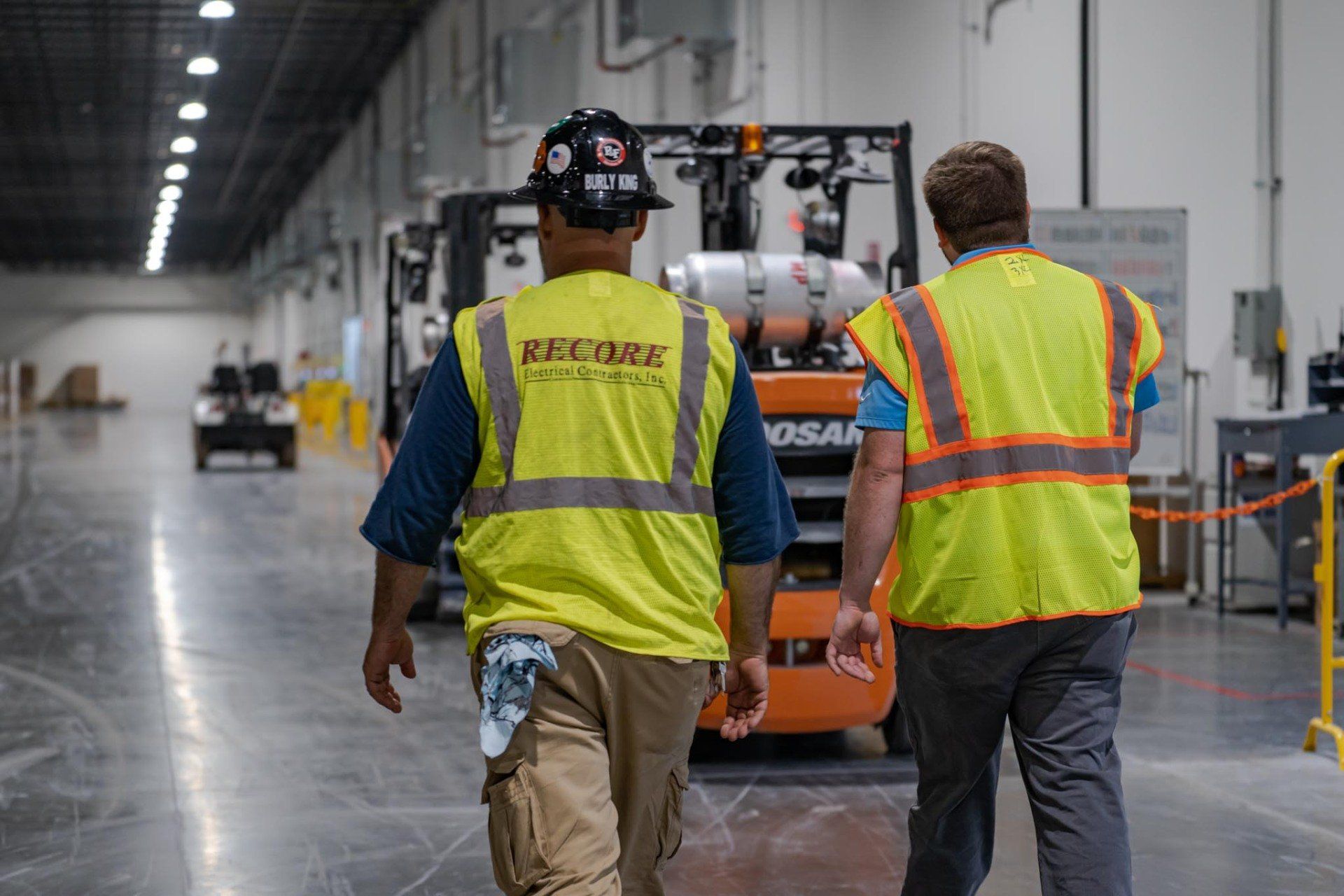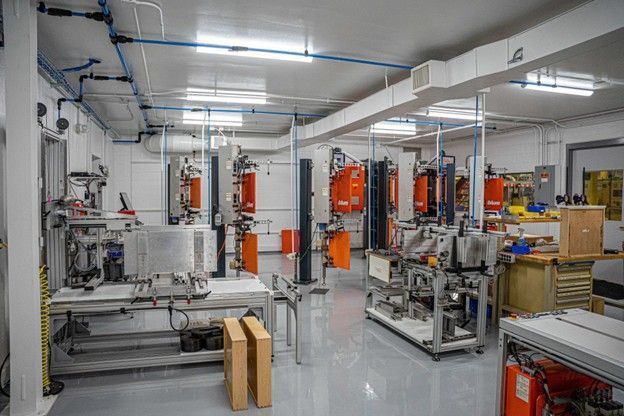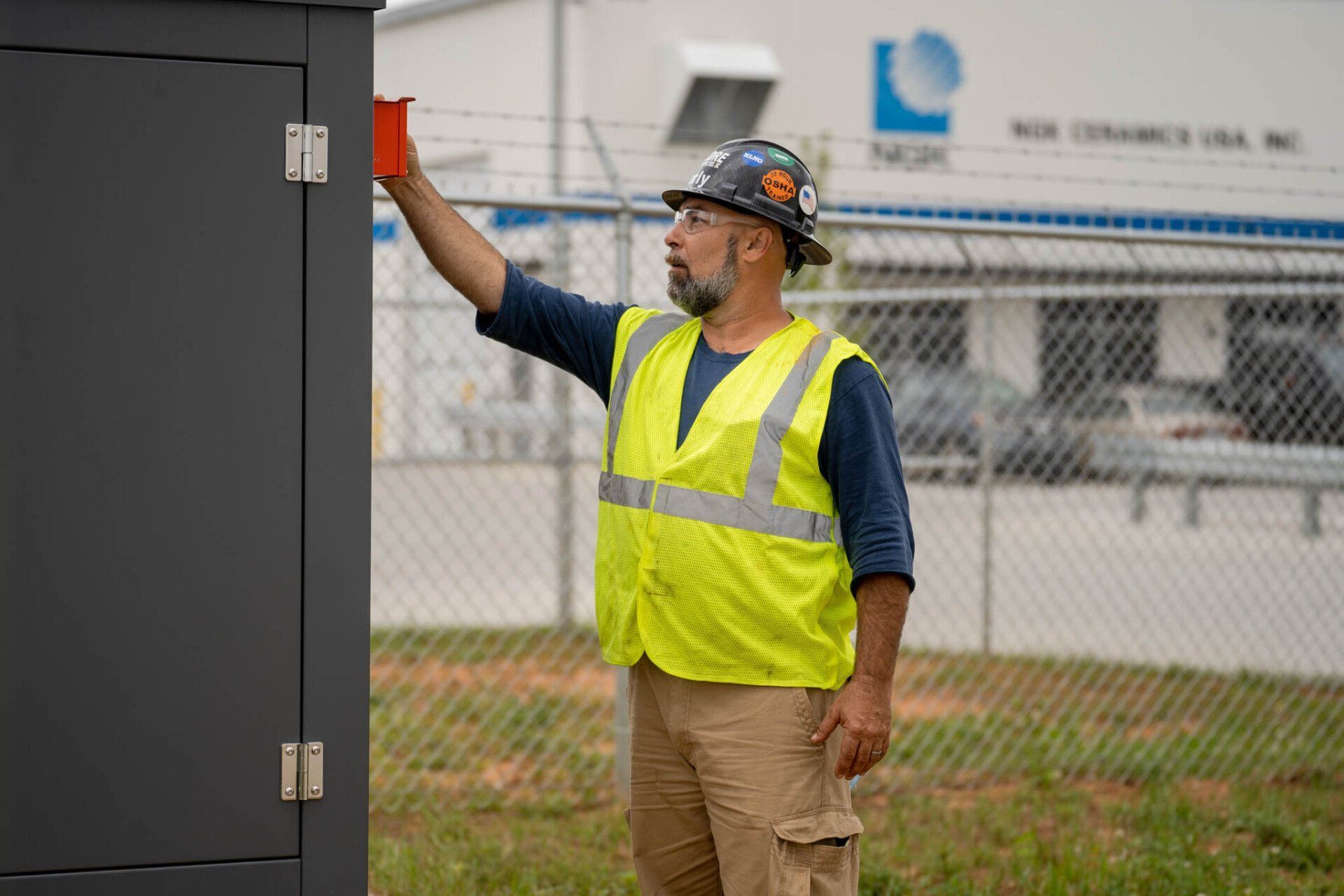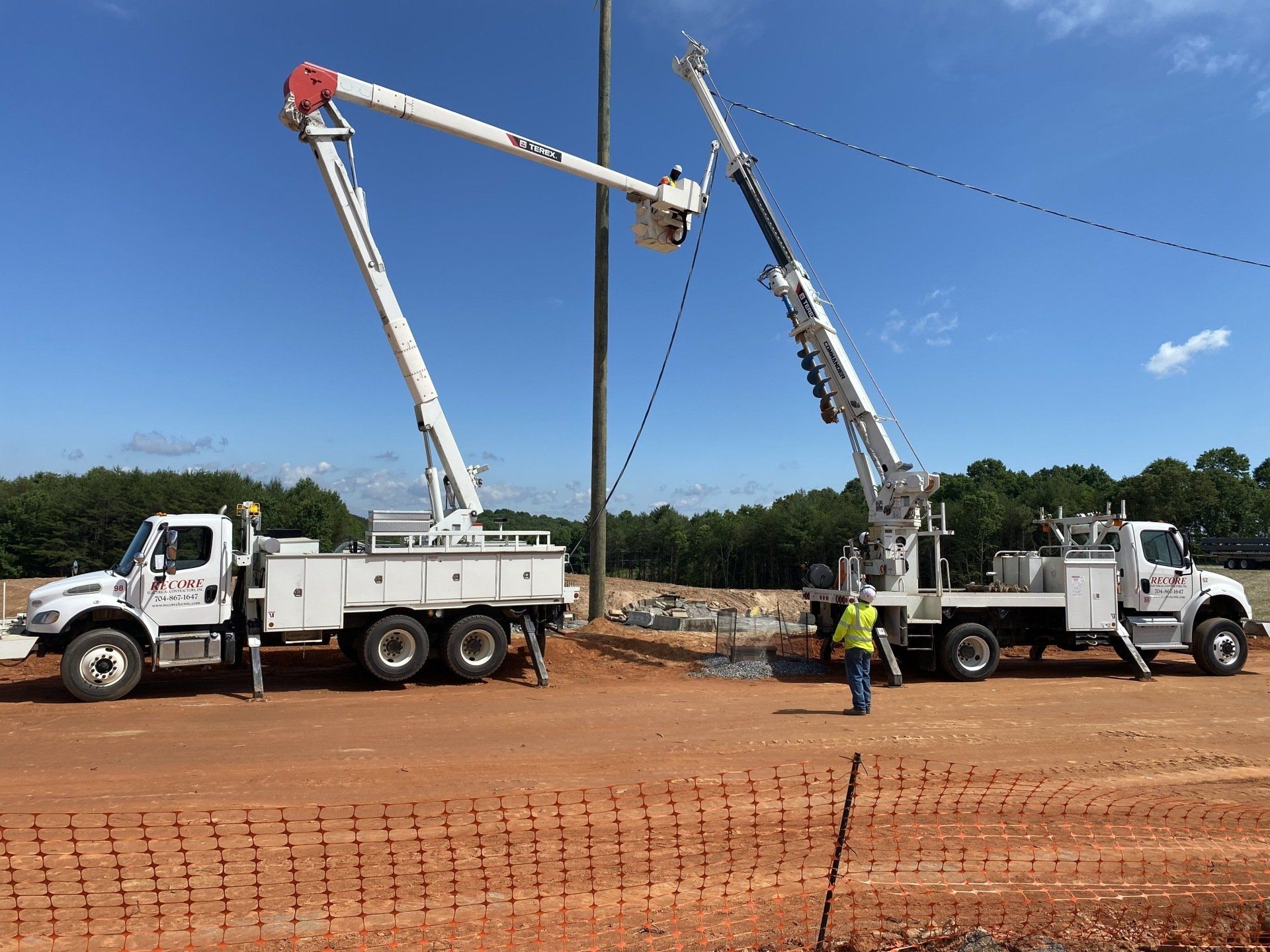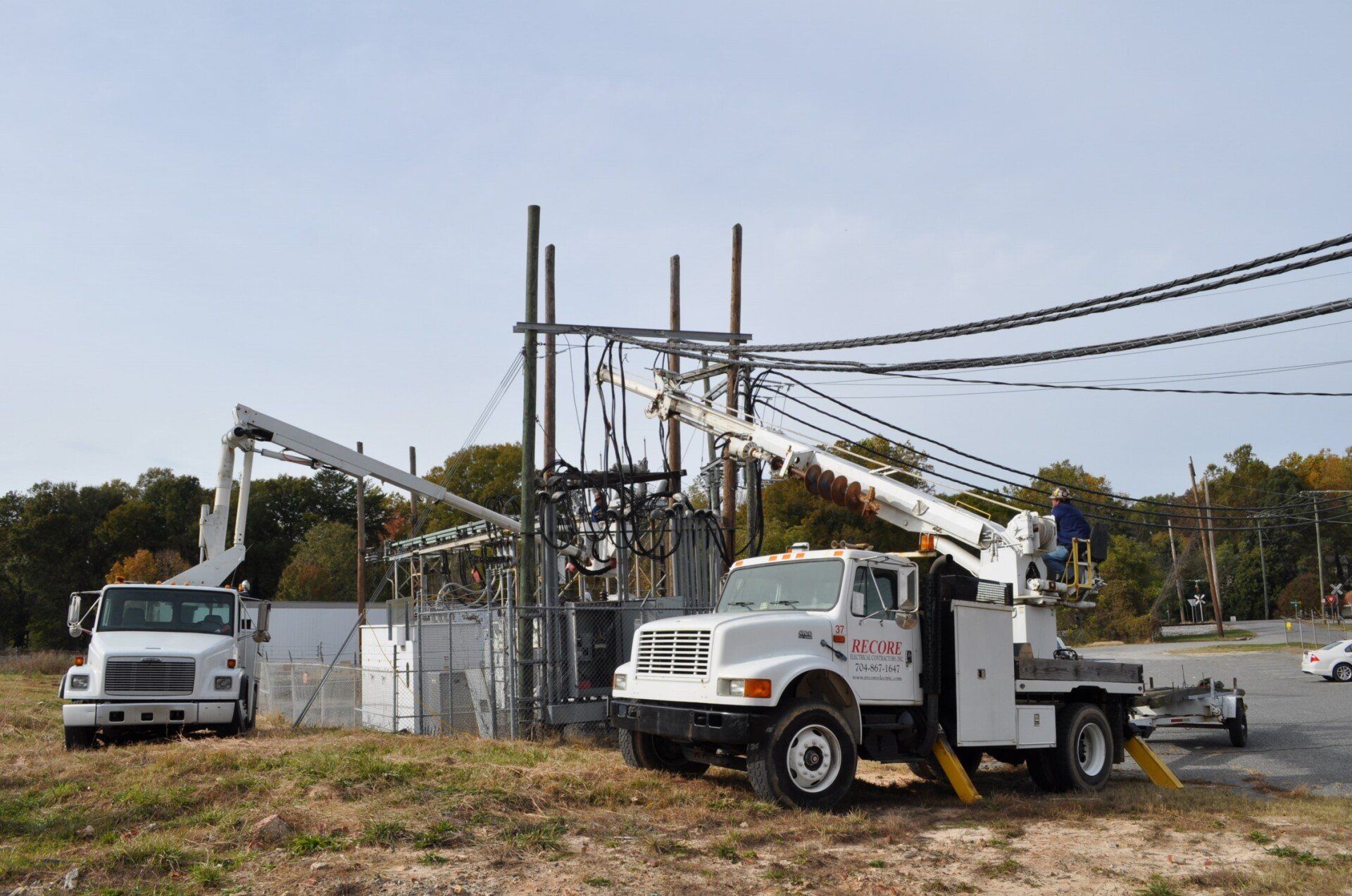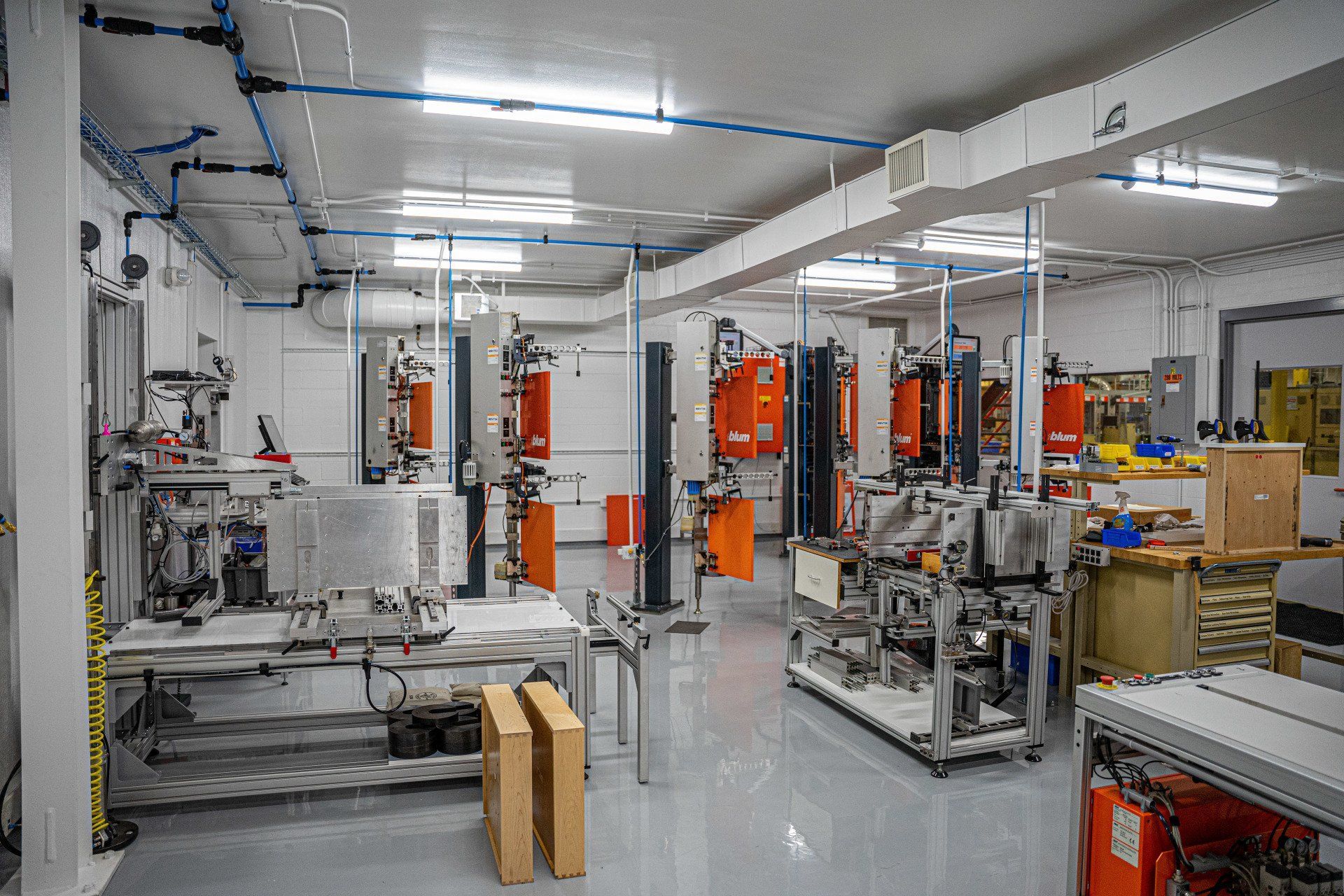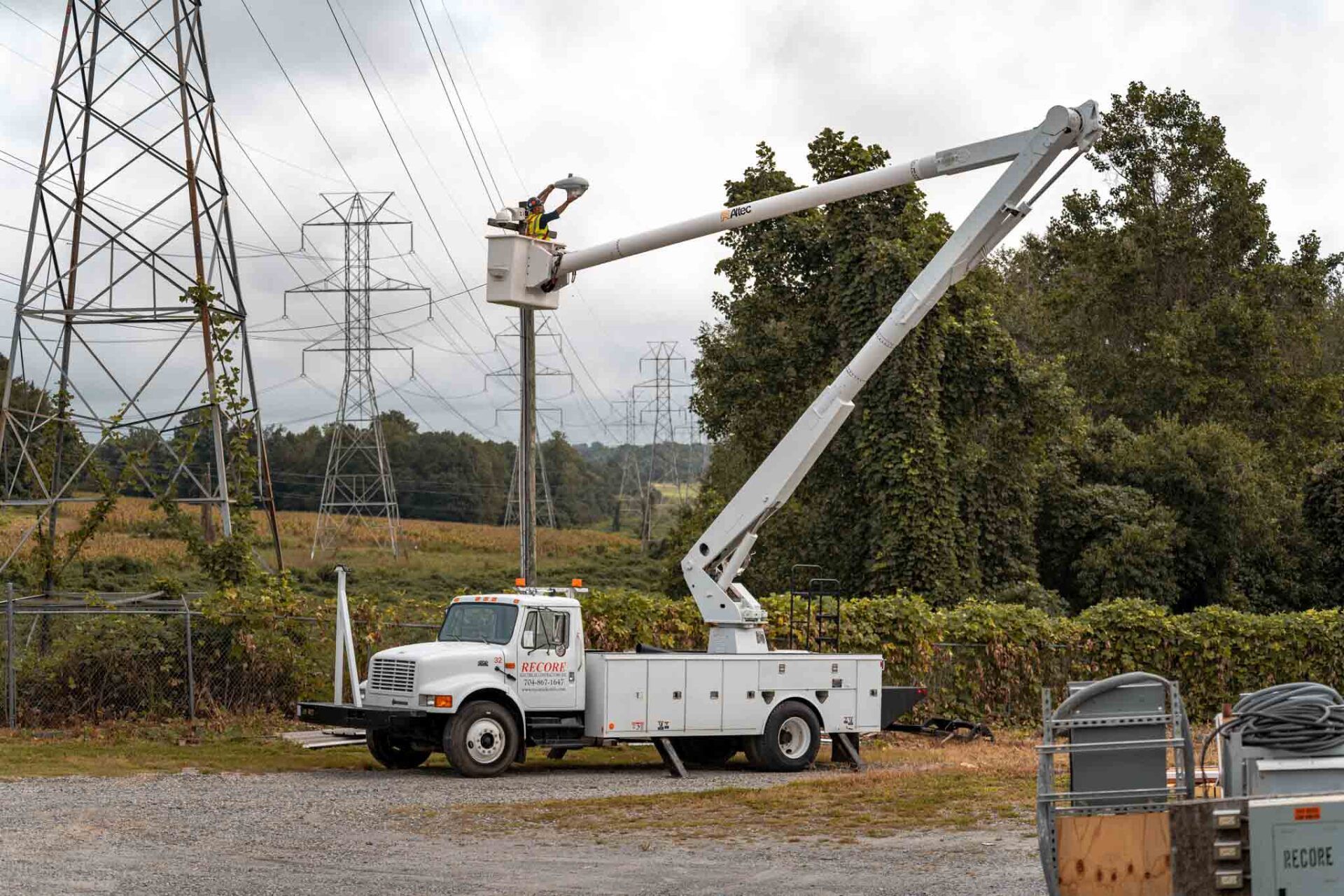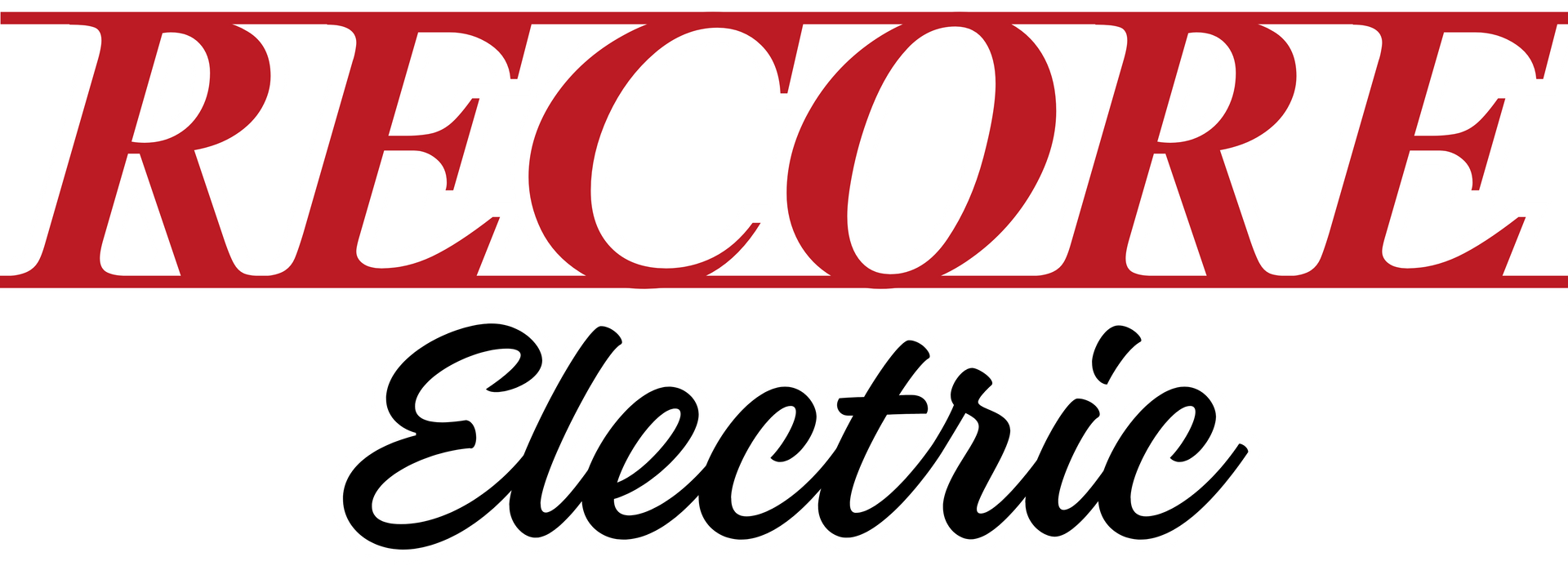Access Control Systems: Securing Facilities with Smarter Technology
Access Control Systems are no longer optional; they are essential for modern facility security. Whether you're safeguarding an industrial site, commercial building, or high-traffic campus, access control systems help protect personnel, property, and sensitive data. These systems provide seamless entry for authorized users while keeping out potential threats, improving both security and operational efficiency.
In this blog, we’ll explore how access control systems work, their components, the benefits of integrating them into your facility, and how Recore’s tailored approach sets the standard for physical security.
What Is an Access Control System?
An access control system is a digital security solution that regulates who can enter or exit specific areas within a facility. Unlike basic door locks, access control systems use electronic methods, such as key fobs, PINs, or biometric data, to authenticate users and grant or deny access.
Why Your Facility Needs Access Control Systems
1. Stronger Physical Security
Standard keys can be lost, stolen, or duplicated. Access control systems eliminate these risks by using unique digital credentials. Each access event is logged, providing a detailed audit trail.
2. Real-Time Access Management
Access permissions can be updated instantly. If an employee leaves the company or changes roles, you can immediately revoke or reassign their credentials.
3. Enhanced Visibility and Accountability
Every access attempt, successful or failed, is recorded. In the event of an incident, these logs provide valuable insights for investigation or compliance audits.
4. Scalability Across Multiple Locations
From standalone door readers to enterprise-level networks, access control systems grow with your business. Networkable systems can control hundreds of entry points across facilities, all from a centralized platform.
Core Components of Access Control Systems
A well-designed access control system typically includes:
- Credential Readers: Devices that scan badges, key cards, biometrics, or mobile credentials.
- Control Panels: Hardware that processes reader data and decides whether to unlock a door.
- Electronic Locks: Magnetic or electric strike locks that are controlled remotely.
- Management Software: Software interface where administrators assign permissions, monitor activity, and generate reports.
- User Credentials: Key fobs, smart cards, PIN codes, mobile apps, or biometric inputs.
Access Control System Types
Standalone Access Control Systems
Ideal for smaller facilities, standalone systems control individual doors without connecting to a centralized network. These are cost-effective and simple to install, making them a smart choice for single-building operations.
Networked Access Control Systems
Best suited for multi-site or enterprise-level applications, networked systems connect all access points through centralized management software. These systems offer remote access control, real-time updates, and advanced reporting.
Integration Capabilities
One of the most valuable features of access control systems is their ability to integrate with other building technologies, including:
- Video Surveillance Systems: Automatically record footage of access events.
- Alarm Systems: Trigger alerts for unauthorized access attempts.
- Building Automation: Control lighting, HVAC, and elevator access based on occupancy.
- Visitor Management Software: Issue temporary access credentials to guests.
Key Benefits of Access Control Systems
| Benefit | Description |
|---|---|
| Reduced Risk of Theft | Control who can enter sensitive areas like server rooms or inventory storage. |
| Improved Emergency Response | Instantly lock down the building or allow first responders to enter. |
| Regulatory Compliance | Access logs support HIPAA, OSHA, and other compliance needs. |
| Employee Safety | Protect staff from unauthorized visitors or workplace threats. |
| Operational Efficiency | Eliminate manual key tracking, reduce rekeying costs, and improve visitor handling. |
According to the U.S. Department of Health and Human Services, physical access control is one of the core safeguards in preventing unauthorized access to secure environments.
Recore’s Approach to Access Control Systems
At Recore, we specialize in delivering scalable, secure, and user-friendly access control systems tailored to each client’s needs.
Access Control Systems for Any Facility
From industrial warehouses to commercial offices, we customize access control solutions to meet the size, layout, and risk level of each property. Whether you're looking to secure a single entrance or multiple locations across state lines, Recore’s systems grow with your facility.
Standalone or Networkable Systems
We offer both standalone and networked access control options, depending on your operational needs. Standalone systems are ideal for simple installations, while networked solutions provide greater control across complex environments.
Integration Capabilities
Our access control systems are designed to integrate with video analytics, intrusion detection, alarm systems, and other existing security infrastructure.
Data Entry and Configuration Services
We handle all credential population and access role setup, so your system is ready to go on day one. From employee onboarding to visitor profiles, every user is assigned the correct permissions with zero guesswork.
Customer Training and Support
Security tools are only effective when used properly. That’s why we provide detailed training and documentation, helping your staff confidently manage credentials, monitor activity, and respond to incidents.
Compliance and Best Practices
To maximize the value of your access control system, follow these best practices:
- Apply Role-Based Access: Assign access based on job functions. For example, warehouse staff should not have access to HR offices.
- Conduct Regular Audits: Review access logs and permissions quarterly to catch anomalies or unnecessary privileges.
- Use Two-Factor Authentication: For sensitive areas, require both a credential and a PIN or biometric scan.
- Plan for Redundancy: Install backup power supplies to keep systems running during outages.
- Secure the Network: Use encrypted communication protocols and firewalls to protect access control software from cyber threats.
Industries That Benefit from Access Control Systems
- Manufacturing
- Warehousing & Distribution
- Healthcare
- Education
- Commercial Real Estate
- Government Facilities
- Food and Beverage
No matter the industry, the goal remains the same: limit access to authorized individuals while maintaining visibility and control.
Conclusion: Invest in Smarter Security
Access control systems are no longer just a security upgrade; they are a foundational element of any facility's operational integrity. By implementing a system tailored to your layout, staffing, and safety priorities, you protect not only physical assets but also your people and business continuity.
Recore’s access control systems are built for performance, backed by expert support, and customized to grow with your needs. Whether you’re starting small or securing a large enterprise, we’re ready to help you build a safer, smarter facility.
